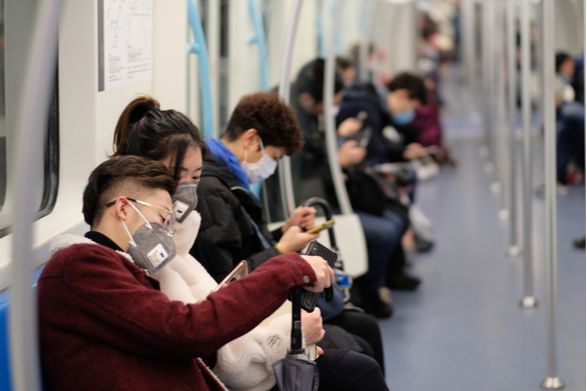Sometimes it takes a public-health crisis to expose the true costs of secrecy, censorship, and dictatorship. It happened in the Soviet Union during the 1980s, following the Chernobyl nuclear accident — an event that may well have accelerated the eventual Soviet collapse. It happened in China in 2002 and 2003, when Communist Party officials tried to cover up an outbreak of severe acute respiratory syndrome, or SARS. Writing in the New York Times in April 2003, at the height of the outbreak, reporter Joseph Kahn lamented that “SARS may have seemed less alarming, and almost certainly would have been less deadly, if China’s government had not hidden it like a dirty secret for four months.”
Now it has happened again, with the coronavirus.
“At first glance,” writes China scholar Minxin Pei, a professor at Claremont McKenna College, “China’s government has appeared to be more forthcoming about the latest outbreak. But, although the first case was reported on December 8, the Wuhan municipal health commission didn’t issue an official notice until several weeks later. And, since then, Wuhan officials have downplayed the seriousness of the disease and deliberately sought to suppress news coverage.”
Among other things, Chinese authorities scrubbed social-media platforms of coronavirus chatter and claimed there was no evidence of human-to-human transmission — even after they reported the first coronavirus death on January 11.
“It was only after January 20 — following reports of 136 new cases in Wuhan, as well as cases in Beijing and Guangdong — that the government rolled back its censorship efforts,” notes Pei. “Mentions of coronavirus exploded.”
The Communist Party’s belated seriousness about containing the outbreak is of course welcome. Still, as Pei points out, “China’s initial mishandling of the coronavirus outbreak means that thousands will be infected, hundreds may die, and the economy, already weakened by debt and the trade war, will take another hit.”
Will Chinese officials learn the right lessons from all this? Pei is deeply pessimistic: “There is little reason to hope that next time will be different. The survival of the one-party state depends on secrecy, media suppression, and constraints on civil liberties. So, even as Chinese President Xi Jinping demands that the government increase its capacity to handle ‘major risks,’ China will continue to undermine its own — and the world’s — safety, in order to bolster the CPC’s authority.”


